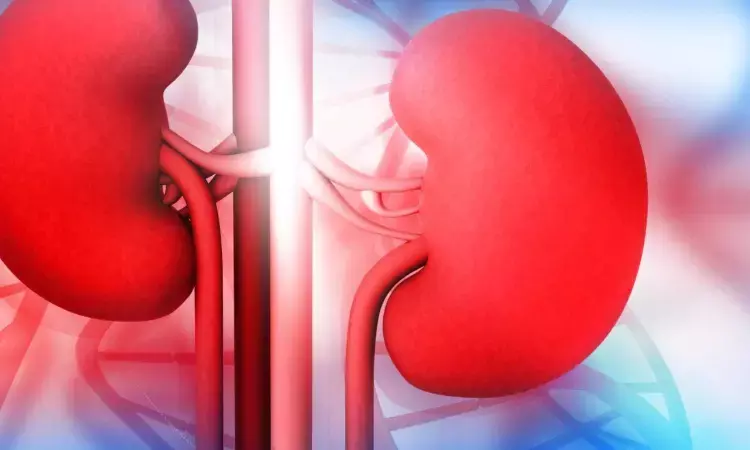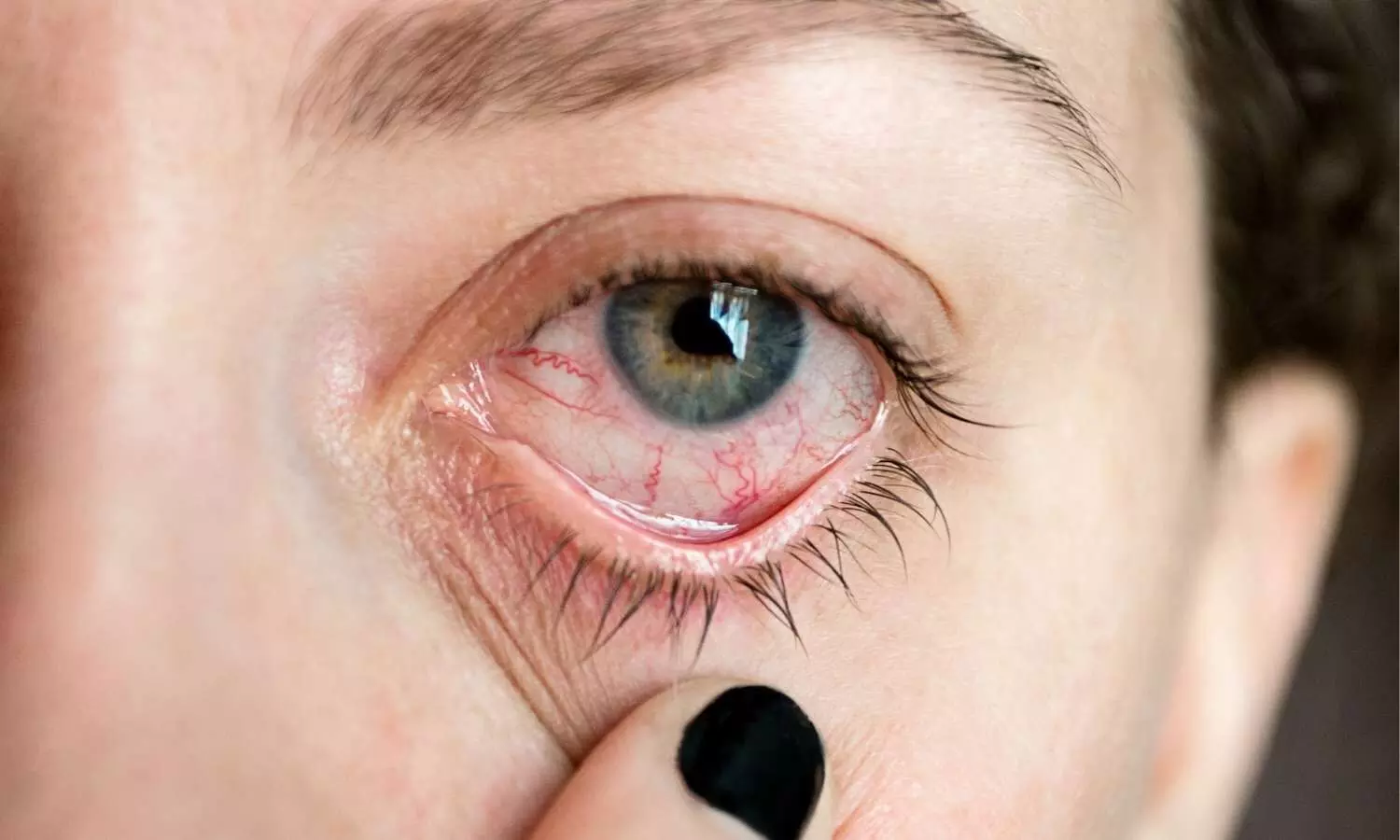- Home
- Medical news & Guidelines
- Anesthesiology
- Cardiology and CTVS
- Critical Care
- Dentistry
- Dermatology
- Diabetes and Endocrinology
- ENT
- Gastroenterology
- Medicine
- Nephrology
- Neurology
- Obstretics-Gynaecology
- Oncology
- Ophthalmology
- Orthopaedics
- Pediatrics-Neonatology
- Psychiatry
- Pulmonology
- Radiology
- Surgery
- Urology
- Laboratory Medicine
- Diet
- Nursing
- Paramedical
- Physiotherapy
- Health news
- Fact Check
- Bone Health Fact Check
- Brain Health Fact Check
- Cancer Related Fact Check
- Child Care Fact Check
- Dental and oral health fact check
- Diabetes and metabolic health fact check
- Diet and Nutrition Fact Check
- Eye and ENT Care Fact Check
- Fitness fact check
- Gut health fact check
- Heart health fact check
- Kidney health fact check
- Medical education fact check
- Men's health fact check
- Respiratory fact check
- Skin and hair care fact check
- Vaccine and Immunization fact check
- Women's health fact check
- AYUSH
- State News
- Andaman and Nicobar Islands
- Andhra Pradesh
- Arunachal Pradesh
- Assam
- Bihar
- Chandigarh
- Chattisgarh
- Dadra and Nagar Haveli
- Daman and Diu
- Delhi
- Goa
- Gujarat
- Haryana
- Himachal Pradesh
- Jammu & Kashmir
- Jharkhand
- Karnataka
- Kerala
- Ladakh
- Lakshadweep
- Madhya Pradesh
- Maharashtra
- Manipur
- Meghalaya
- Mizoram
- Nagaland
- Odisha
- Puducherry
- Punjab
- Rajasthan
- Sikkim
- Tamil Nadu
- Telangana
- Tripura
- Uttar Pradesh
- Uttrakhand
- West Bengal
- Medical Education
- Industry
Pre and Postoperative eGFR independent risk factor for CKD after Radical Nephrectomy

A new study found that preoperative estimated glomerular filtration rate (eGFR), age, and immediate postoperative eGFR are independent risk factors for postoperative chronic kidney disease. The study results were published in the journal BMC Cancer.
The most common treatment for localized renal cell carcinoma is radical nephrectomy (RN). Postoperative chronic kidney disease could result from the decreased number of nephrons due to RN. Hence researchers conducted a study to understand the incidence and risk factors for CKD in patients who have received RN.
Between January 2010 to December 2018, at Zhejiang Provincial People's Hospital, a total of 1233 patients underwent radical nephrectomy. Patients with abnormal renal function before surgery or who were lost to follow-up were excluded from the study. Five hundred patients were enrolled and their eGFR was calculated using the abbreviated MDRD equation. CKD was defined as eGFR less than 60 ml/min/1.73m2. Kaplan-Meier method was used to estimate the incidence of postoperative CKD. logistic multivariate regression analysis was used to determine the independent risk factors for CKD.
Results:
- Patients were followed up for a median of 40 months and CKD occurred in 189 cases.
- The 5-year cumulative incidence of CKD was 43.4%.
- Age, sex, weight, and preoperative eGFR(P<0.05) were significantly different between the 189 patients with CKD and the remaining patients without post-nephrectomy CKD.
- Multivariate regression analysis showed that age, preoperative eGFR of the contralateral kidney, and Immediate postoperative eGFR were independent risk factors for postoperative CKD.
The incidence of CKD after radical nephrectomy was common. The independent risk factors for postoperative CKD are age, preoperative eGFR of the contralateral kidney, and immediate postoperative eGFR.
Further reading: Wang, S., Liu, Z., Zhang, D. et al. The incidence and risk factors of chronic kidney disease after radical nephrectomy in patients with renal cell carcinoma. BMC Cancer 22, 1138 (2022). https://doi.org/10.1186/s12885-022-10245-8
BDS, MDS
Dr.Niharika Harsha B (BDS,MDS) completed her BDS from Govt Dental College, Hyderabad and MDS from Dr.NTR University of health sciences(Now Kaloji Rao University). She has 4 years of private dental practice and worked for 2 years as Consultant Oral Radiologist at a Dental Imaging Centre in Hyderabad. She worked as Research Assistant and scientific writer in the development of Oral Anti cancer screening device with her seniors. She has a deep intriguing wish in writing highly engaging, captivating and informative medical content for a wider audience. She can be contacted at editorial@medicaldialogues.in.
Dr Kamal Kant Kohli-MBBS, DTCD- a chest specialist with more than 30 years of practice and a flair for writing clinical articles, Dr Kamal Kant Kohli joined Medical Dialogues as a Chief Editor of Medical News. Besides writing articles, as an editor, he proofreads and verifies all the medical content published on Medical Dialogues including those coming from journals, studies,medical conferences,guidelines etc. Email: drkohli@medicaldialogues.in. Contact no. 011-43720751




